More Than a High: Marijuana’s Mental Health Toll on Young Adults
Recent studies reveal a troubling connection between heavy marijuana use and serious mental health conditions — including anxiety, depression, and schizophrenia — especially among young adults aged 21–30. Today’s high-potency cannabis is not the same as what previous generations used, and the risks are highest for young men, though women are not immune. As legalization and cultural normalization spread, we need informed, compassionate conversations to protect mental health.
The Changing Face of Cannabis
For decades, marijuana has been portrayed as relatively harmless — even “natural” or “safer” than alcohol. But the cannabis of today is fundamentally different from what it was even 20 years ago.
THC potency has skyrocketed, often exceeding 20–30% in some concentrates, compared to 2–5% in the 1990s.
Concentrated products like “dabs” or vape oils can reach THC levels above 80–90%.
The shift from occasional, social use to daily or heavy consumption among young adults has intensified mental health impacts.
This matters because THC interacts directly with the brain’s endocannabinoid system — a system deeply involved in mood regulation, stress response, and cognitive function. When overloaded, especially in developing brains, the results can be serious and long-lasting.
What the Research Shows
Recent studies have found:
Increased risk of psychosis & schizophrenia: Young adults with heavy cannabis use (especially daily, high-potency use) show a significantly higher likelihood of developing psychotic disorders.
Anxiety & depression spikes: Regular marijuana use is linked to worsened symptoms of anxiety and depression, particularly for those already predisposed to these conditions.
Cognitive impacts: Long-term use can affect memory, motivation, and executive function — making it harder to focus, learn, or plan.
A 2023 meta-analysis showed that young men aged 21–30 who use high-potency cannabis daily are at the highest risk for psychosis, but women experience heightened anxiety and mood disturbances as well.
Why Young Adults Are Most Vulnerable
The brain continues developing until about age 25. During this time, the prefrontal cortex — responsible for decision-making, impulse control, and emotional regulation — is still wiring itself.
When THC floods this system:
Neural pathways can be altered, increasing susceptibility to mood disorders.
The brain’s ability to self-regulate stress can be weakened.
Early and heavy exposure compounds the risk for long-term effects.
It’s Not About Demonizing Cannabis — It’s About Protecting Mental Health
At Psych Collective, we’re not interested in fear tactics. We are interested in truth and prevention.
The conversation about cannabis needs to be nuanced:
Some adults use cannabis medicinally under medical supervision.
For many young adults, though, the combination of high potency + frequent use + lack of awareness creates a perfect storm for mental health crises.
Ignoring these risks does not make them go away — it only delays getting help until the situation becomes urgent.
What Parents, Friends, and Partners Can Look For
If someone you love is using marijuana regularly, especially high-potency forms, watch for these mental health red flags:
Increased paranoia or suspicion of others
Withdrawal from social activities or family
Significant mood swings or irritability
Declining motivation or performance at school/work
Difficulty concentrating or remembering details
Expressions of hopelessness or unusual beliefs
Early intervention can make a huge difference — both in reducing harm and in preventing a full-blown mental health crisis.
Taking an Informed Approach
If you’re a young adult (or you love one), here are some ways to reduce risk:
Delay use until after age 25 if possible.
Avoid high-potency products like dabs, shatter, or ultra-strong vape oils.
Limit frequency — occasional use carries less risk than daily use.
Stay self-aware — track your mental health over time. If anxiety, paranoia, or mood changes appear, take a break and get evaluated.
Seek support early — therapy, community support, and education can help prevent long-term consequences.
Where Support Comes In
If you or someone you care about is struggling with anxiety, paranoia, depression, or confusion — whether related to cannabis or not — you don’t have to figure it out alone.
At Psych Collective, our trauma-informed therapists can help you:
Understand the connection between substance use and mental health
Build healthy coping tools for stress and anxiety
Address underlying emotional pain without relying on substances
Our 3-Step Support Plan:
Book a free consultation — we’ll listen without judgment.
Get matched with the right therapist — someone who understands your unique story.
Build emotional strength & clarity — so you can move forward with confidence.
Final Word: Awareness Is Prevention
Cannabis is not the harmless “soft drug” it’s often made out to be — especially for young adults navigating the most intense years of brain development. With today’s high-potency products, the stakes are higher than ever.
By staying informed, talking openly, and seeking help early, we can protect mental health and prevent unnecessary suffering.
📞 If you’re concerned about your mental health or someone else’s, reach out today. Your brain, your future, and your well-being are worth protecting.

